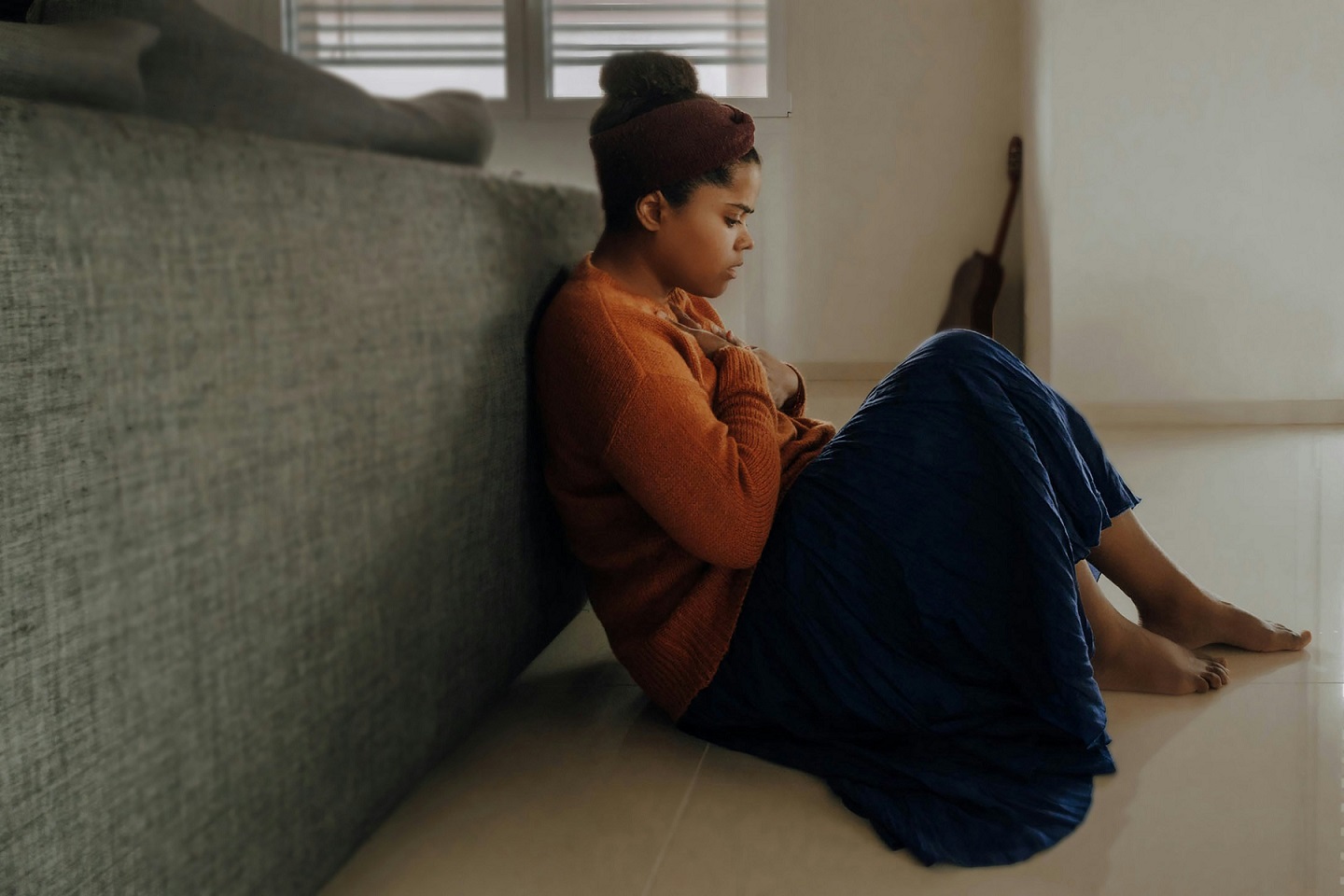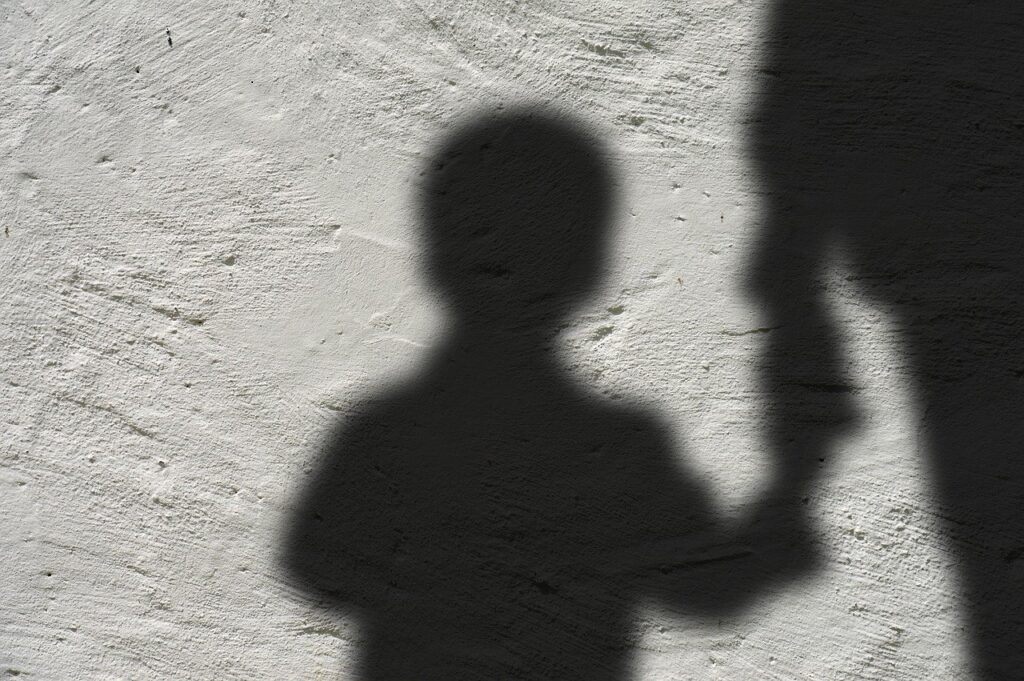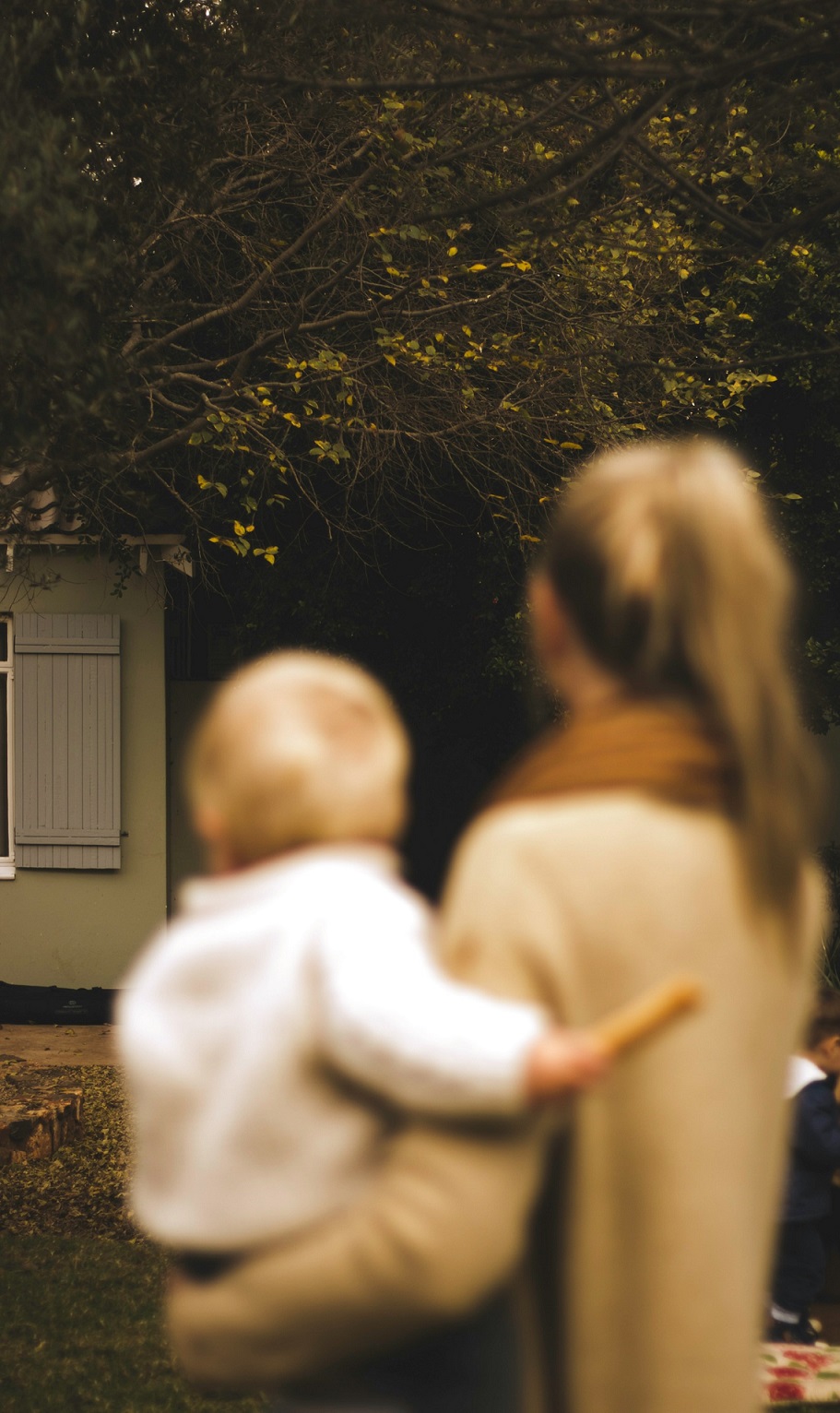How unfair custody battles deepen the pain for mothers affected by PTSD
In our latest edition, The Prisma published part one on the issue of migrant mothers fleeing domestic violence and now facing international child abduction charges. Although there is child protection, there is a great debate on what is classified as a ‘grave risk’ and what is the limit a mother has to reach to be protected from their abusers.

Ana Dutra Tagliati /Migrant Women Press*
It’s important to understand that the goal of this type of court case is to return the child to the country of their permanent residence.
The judge will analyse whether it’s safe for the child to return to the country, creating space for the parties to negotiate a safe return of the child with the mother, guaranteeing relevant supportive measures that will certify the child’s safety and quality of life upon their return. One of the measures is for the father to have funds for rent and deposit for the stay of the mother and the child, for example. Regarding the measure, Carolina explains:
“If the conditions set are not met by the father in advance of the return of the child, the Court could consider a non-return order.
“Normally, they respect the orders and, before leaving, put in touch with a lawyer in the country so they’re protected with legal advice and representation if needed.
“It’s the work of lawyers of both countries to make sure the decision of one country will apply the measures in the other country.”
However, it’s not as simple as establishing what measures to take place for the return, as many mothers are suffering from post-traumatic stress disorder (PTSD) at that point, which can affect their mental health and, consequently, their children.

In many cases of PTSD, the mothers seek a psychiatric assessment in court, even with the measures in place and, according to Carolina, sometimes, the reports say that returning to the country would be intolerable for the parent and their child.
Image by Joyce Kelly at @Unsplash
For Susie, after a judge decided in Mark’s favour and she read the statements about her supposed carelessness with Grace, she came to a breaking point. Her PTSD took hold, and in a moment of panic, Susie tried to overdose on medication. She believed her parents would have a better chance of keeping Grace than her. After a couple of hours, she regained strength from her love for her daughter and rushed to the hospital. The next day, Susie had another court hearing for the case, and after the judge also decided in Mark’s favour, Susie’s mother told Carolina what had happened the previous night.
Although Susie was frozen and broken-hearted by the events, her case fit in the ‘great risk of harm’ exception, and Carolina was able to appeal for the court to have another hearing.
For this hearing, Susie was put on the stand to be cross-examined on her evidence of abuse and the effect on her. This allowed the judge to see her emotional state and her PTSD.

The case ended up reaching the High Court in London, and after a forensic psychiatrist’s assessment, there was a turnaround in Susie’s favour. With the ‘great risk of harm’ exception in place and the fact that Mark only offered two weeks of accommodation for Susie and Grace as measures for their return, the parties ended up settling.
Although Susie had grounds to win, the fact that the parties went for a settlement meant that Mark couldn’t ask for a retrial of the case.
Despite everything turning in Susie’s favour, it wasn’t necessarily a relief for her. She had been through a very traumatic process to ensure her and her daughter’s safety, which she sees as a silver lining:
“It didn’t feel like a win. It was a relief, but it was painful because we hadn’t won anything; I had PTSD, I had no future, didn’t have any friends left in the UK… but we were safe.”
Although the cases of international abduction of children envision protecting the child, there is a great debate on what is classified as a ‘grave risk’ and what is the limit a mother has to reach to be protected from their abusers.
Image by Gerd Altmann from Pixabay
According to Juliana Wahlgren, Revibra’s report revealed that amongst the 300 cases they have had in the past three years, 98% had proved domestic violence. However, sometimes the proof isn’t enough, or the violence is only against the woman, which the Brazilian judge wouldn’t extend to the family.
Nonetheless, this is not the only challenge when facing an international scenario: “Not every type of domestic violence is considered domestic violence in every country. For example, administrative violence isn’t considered domestic violence in the UK, whilst in Brazil, it is a type of protected violence.
“There are these small nuances that make it difficult to interpret what happens before the return and the risk that would take place.”

Although some types of domestic violence are more well-known, such as psychological, physical and financial, administrative violence is the one in which the abuser has control over documents, bank accounts, rent and visas, leaving the abused without the means to gain independence.
About the interpretation of Article 13(1)(b) and the meaning of ‘grave risk, ‘ Juliana points out: “What we see is the willingness to enlarge the understanding of the scope of Article 13(1)(b). “However, it’s been over twelve years that this has been discussed in the Conference, and there’s a movement that is mostly against the understanding to release the Article than to modernise the article that could provide more protection to women.”
*The names have been changed to preserve the identity of those involved.
If you are experiencing any abuse or if you need advice on the context of international abduction of children, contact your local or national helpline. UK Government – 0808 200 0247. Victim Support – 0808 1689 111. Reunite – 0116 255 6234
*Article and photos originally published in Migrant Women Press. Ana Dutra Tagliati is a former lawyer turned journalist with a Master’s Degree from Edinburgh Napier University. She hosts and produces her weekly podcast, ‘The Brazilian Point of View’, and loves reading and writing in her spare time.












.jpg)












